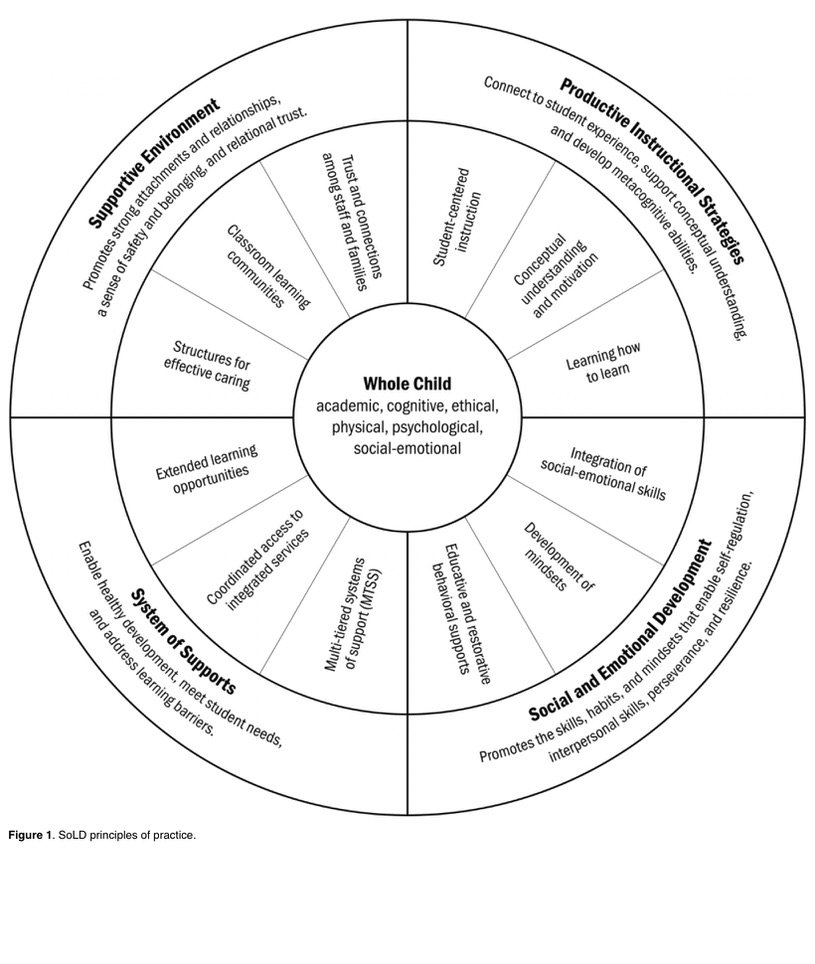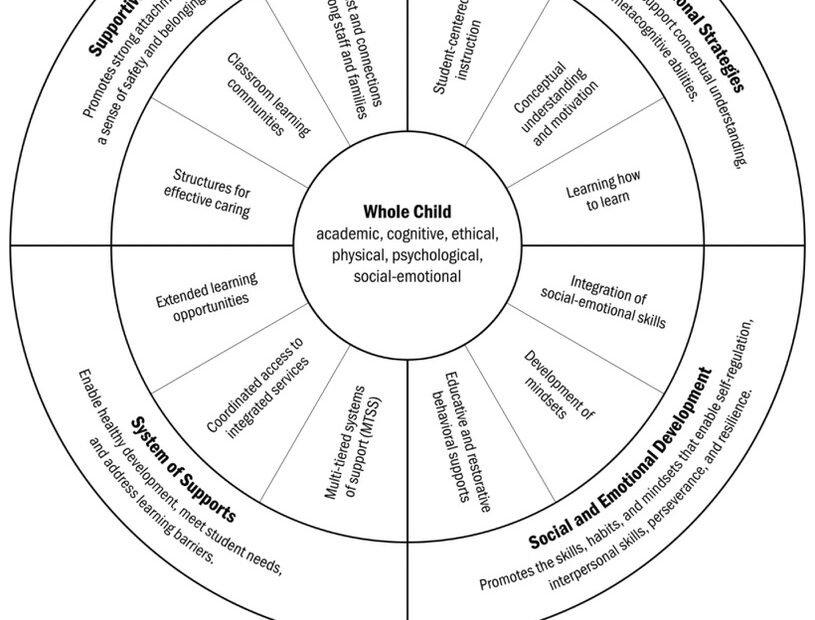The Importance of Evidence-Based Teaching
Evidence-based teaching involves using research and scientific evidence to inform instructional practices. It focuses on using strategies and methods that have been proven to be effective in promoting student learning and achievement. This approach is crucial in ensuring that students receive the best possible education and have the opportunity to reach their full potential. By relying on evidence, teachers can avoid using outdated or ineffective practices and instead focus on those that have been shown to produce positive results.
Another important aspect of evidence-based teaching is its emphasis on individual student needs. This approach recognizes that each student is unique and may require different instructional methods or support. By using evidence-based practices, teachers can tailor their instruction to meet the specific needs of their students, ensuring that they receive the support and resources necessary for success.
Furthermore, evidence-based teaching promotes a culture of continuous improvement. By regularly evaluating the effectiveness of their instructional practices, teachers can identify areas for growth and make necessary adjustments. This ongoing process of reflection and refinement helps to ensure that students are receiving the highest quality education possible.
Positive Reinforcement
Positive reinforcement is a technique that involves providing rewards or praise to encourage desired behaviors. It is a powerful tool that can be used to motivate and empower students to learn and thrive. By focusing on positive reinforcement, educators can create a supportive and encouraging learning environment that fosters student growth and development.
One of the key benefits of positive reinforcement is that it helps to build students’ self-confidence and self-esteem. When students receive praise or rewards for their efforts, they are more likely to believe in their own abilities and be motivated to continue learning. This positive feedback can have a transformative effect on students, helping them to develop a growth mindset and a belief in their own potential.
Positive reinforcement also helps to create a positive classroom climate. When students feel valued and appreciated, they are more likely to be engaged and active participants in the learning process. This positive classroom environment not only benefits students’ academic performance but also their social and emotional well-being.
Additionally, positive reinforcement can help to foster a love of learning in students. When students associate learning with positive experiences and rewards, they are more likely to develop a lifelong passion for learning. This intrinsic motivation can have a lasting impact on students’ educational journey and set them up for success in the future.
Whole Child Approach
The whole child approach recognizes that students are not just academic beings but also social, emotional, and physical beings. It emphasizes the importance of addressing all aspects of a student’s development in order to promote their overall well-being and success. By incorporating evidence-based teaching and positive reinforcement, educators can support the whole child and create an environment that nurtures their holistic growth.
When educators use evidence-based teaching strategies, they are able to address the diverse needs of students. This includes not only their academic needs but also their social and emotional needs.

By using research-based methods, teachers can create a learning environment that supports students’ social and emotional development, helping them to build healthy relationships, manage their emotions, and develop important life skills.Positive reinforcement is an essential component of the whole child approach. By using this technique, educators can promote positive youth development and help students develop important character traits such as resilience, perseverance, and self-discipline. These qualities are not only important for academic success but also for success in life.
TLDR;
Evidence-based teaching and positive reinforcement are powerful tools that can motivate and empower students to learn and thrive. By using research and scientific evidence to inform instructional practices and incorporating positive reinforcement techniques, educators can create a supportive and engaging learning environment that promotes the holistic development of the whole child. This approach not only benefits students academically but also socially and emotionally, setting them up for success in school and in life.


